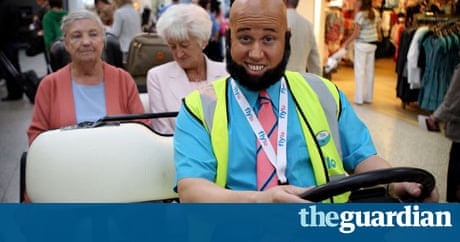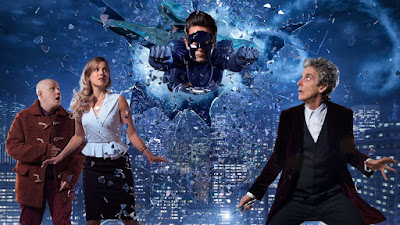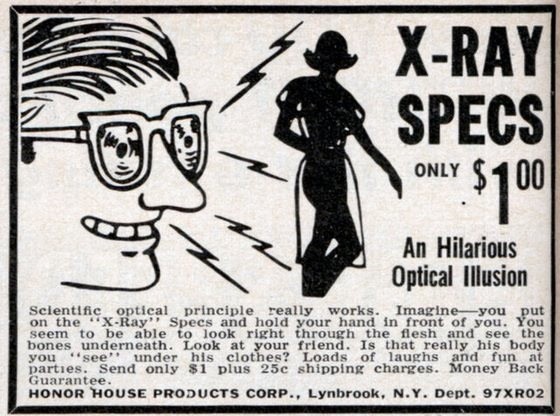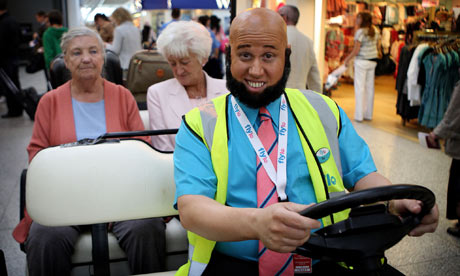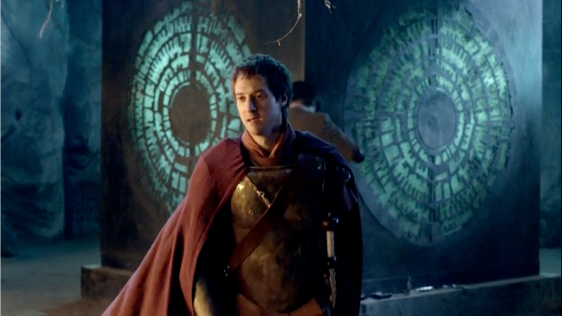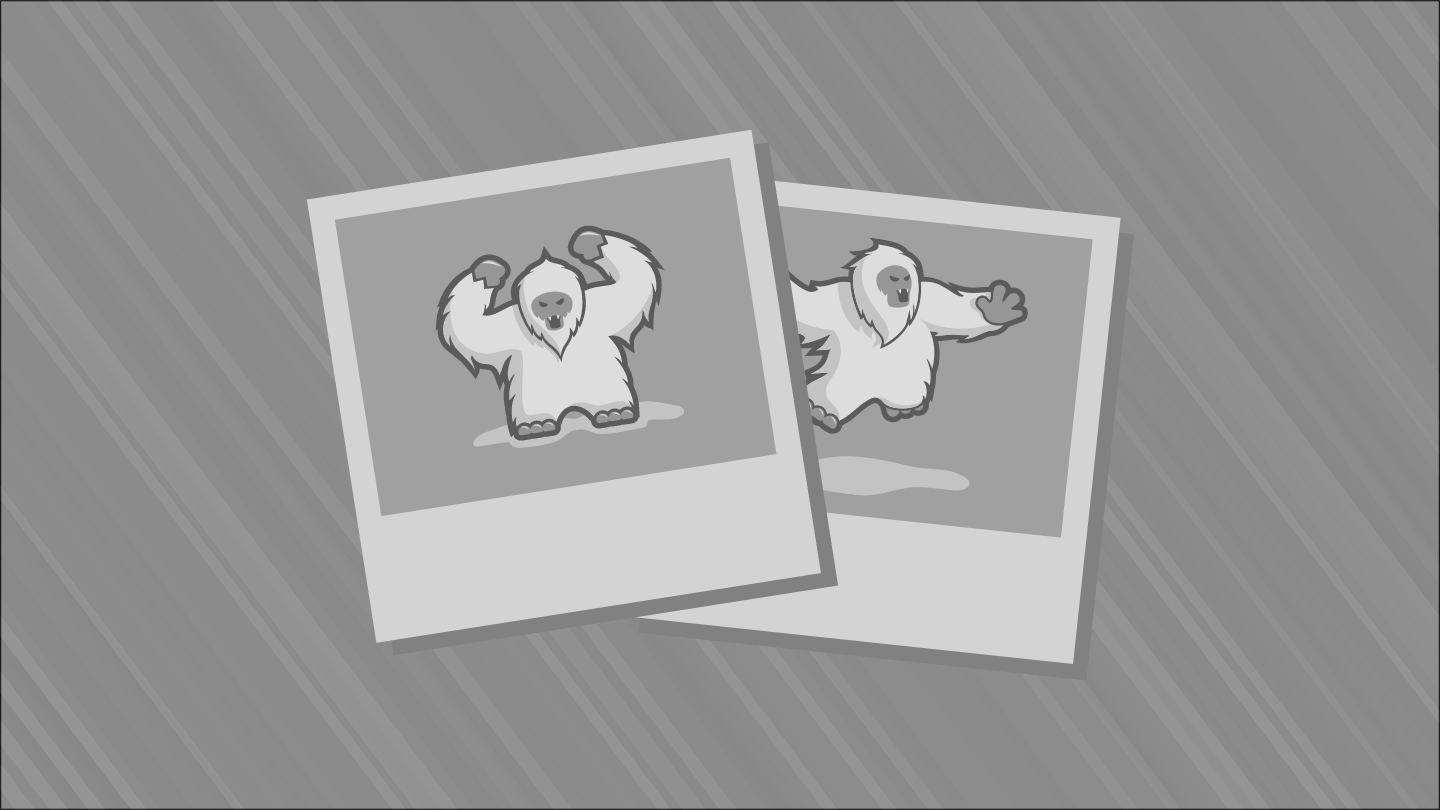 |
| Kill the fat one in the middle! |
Okay, I have a few apologies to make. First of all, I promised myself I wouldn't use two song titles from the same band in the same season, because I think of it like a playlist. But Alkaline Trio's "For Your Lungs Only" is too perfect of a title for this episode. The second apology is that I'm monumentally late with this blog. Another episode has already aired since this episode aired, and another one airs today. I was moving into a new apartment and my life became chaotic for a few weeks there and I didn't have time to blog. Believe me, it was not out of disinterest in the episode, "Oxygen," because honestly, "Oxygen" may be my new favorite episode of the Capaldi era.
We haven't had an episode as dark as "Oxygen" since at least "Dark Water," if not longer. Actually, the only episode I can think of that's as grizzly, dark, and horrific as "Oxygen" isn't even a new series episode. We have to go all the way back to the 6th Doctor serial, "Vengence on Varos." "Vengence on Varos," a disturbing dystopian nightmare about a reality where people are tortured on live television and politicians put their proposals up to a reality show style vote and if they lose the vote, they could be killed. "Vengence on Varos" was so violent that it became the first time fans of the show started to agree with parents' groups that called the show inappropriate for children. The show survived a few years after "Varos," but I believe that the slow death it suffered began with viewer outrage over "Vengence on Varos." Now, Jamie Mathieson, Steven Moffat's only true peer on the Doctor Who writing staff right now, gives us an episode that leaves the viewer deeply disturbed, and with a haunting political message to go with it.
Can you imagine if an American television show had an episode where a character said "And that was it for Capitalism"? Yes, Star Trek basically lives in a socialist utopia and does talk about how unfair conditions for the poor put an end to Capitalism, but they go out of their way to avoid using words like "Capitalism" and "Socialism" and somehow people fail to notice that that's what happened in the Star Trek universe. Jamie Mathieson's script said the word "Capitalism" multiple times. And before you go thinking that it's absolute absurdity for a company to sell us the air we breathe, is it really any different than charging for food, water, shelter, and clothing? This is why I work in the non-profit sector.
And how about "Oxygen"'s cold open? Have we ever cut to the opening credits on a darker, more violent note? A woman trying to tell her husband she wants to have a baby is attacked and murdered and turned into a zombie that, along with other zombies, tries to kill her husband. Jesus Christ, you couldn't just make her eight months pregnant to really make it horrifying. I like when I get scared by an episode's setup because I know it's just going to make me even happier when the Doctor stops the bad guys. This time, the real bad guys were a big corporation off screen, but those are the bad guys in real life so it was still satisfying.
The fluid link hasn't been mentioned on the show since the Second Doctor era, but in every mention of in in canon, it has always been essential to the function of the TARDIS. The 1st Doctor met the daleks when he lied to his companions that fluid link K7 (as opposed to fluid link K57 that Nardole steals, because the naming conventions on these things are completely random) had run out of mercury and needed to be refilled as a ruse to get them to go out and explore the planet of Skaro. It's hard to believe, because of the history of fluid links, that they aren't all essential to the function of the TARDIS. It's more likely that, when the Doctor says that he lied about the link being essential to the TARDIS taking off, I'd guess that what he really means is that he lied about the thing Nardole took out being a fluid link.
Speaking of Nardole, I still hate him, but thankfully so do the writers and the Doctor himself. Nardole's entire function in the show seems to be to be a stick in the mud and to try to stop the plot of the show from happening. "Oxygen" has more of Nardole than any episode so far in the regular season, and I still love it in spite of that. When Nardole isn't trying to ruin everything, he's giving explanations that the Doctor could have easily given if he wasn't in the episode, or making really weird jokes about an ex-girlfriend that don't really pay off.
The only thing I didn't like about this episode was the hyperbolic, overacted, soap-opera-style overdramatic way that the Doctor announces he's still blind at the end of the episode. I don't know who directed the great Peter Capaldi into that terrible performance, but they need to be fined for that stupidity. I'm sure the blindness is a setup for something big in the overall plot, but I can't for the life of me guess what it's going to be. It's interesting that it happened because of how long the Doctor was exposed to the void of space, because a Fifth Doctor episode that I can't remember the name of right now established that the Doctor can survive in the void of space longer than humans can. But perhaps that's why that other character said that he should have died; it's almost as if he isn't human.
But the blindness will be discussed in the next overdue blog. So until then...















